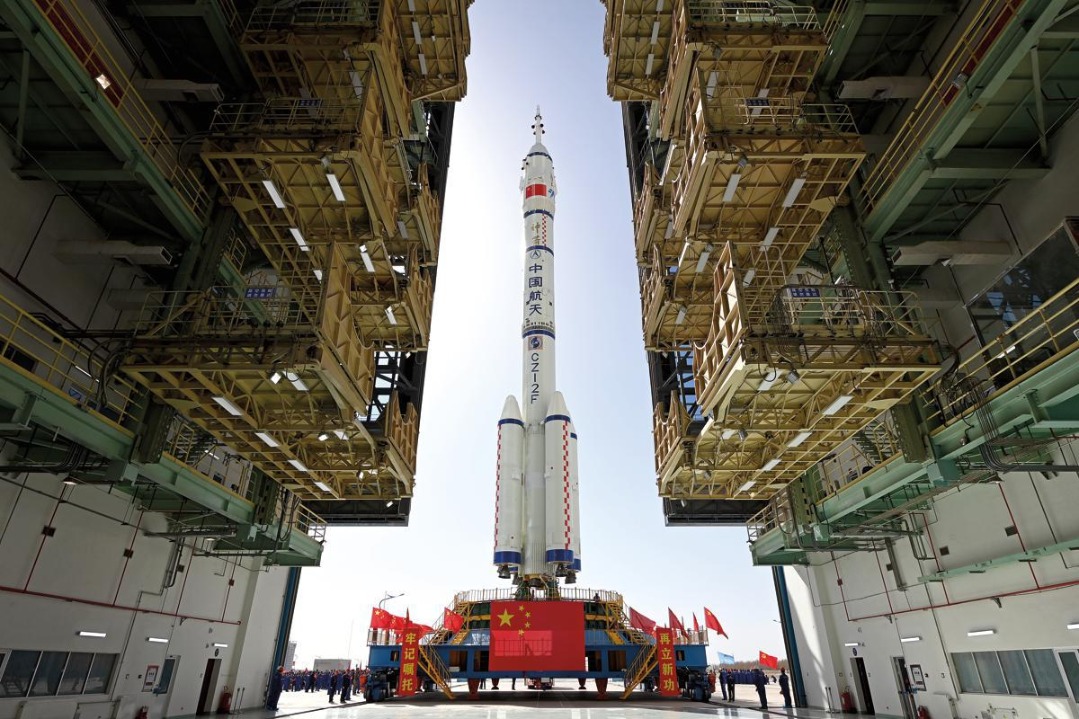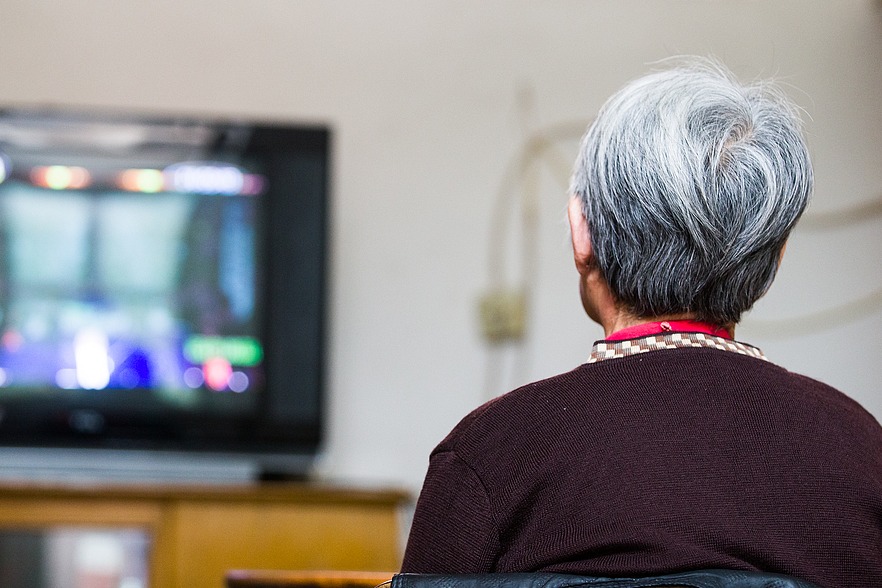Two cultures interwoven through friendship
By Pan Jie | China Daily Global | Updated: 2023-12-21 09:46

"Seek knowledge even if you have to go as far as China" is the first Arabic proverb I learned when studying the language during my college years.
The saying highlights the Arab tradition of valuing knowledge and the pursuit of truth. It also reflects the admiration for China as a civilization.
More than 2,000 years ago, the civilizations of China and the Arab states, located on opposite ends of the Asian continent, forged a deep connection.
Through the ancient Silk Road, China's advancements in porcelain, papermaking and printing spread westward, while Arabic achievements in astronomy, calendar systems and medicine traveled eastward.
Historical records preserve the old tales of friendship. The fifth-century book Houhanshu (Book of Later Han[25-220]) mentioned Gan Ying, a Chinese envoy, "facing the Western Sea to look at the Great Qin (Han Dynasty term for the Roman Empire)". This marks the earliest documented evidence of Chinese envoys reaching the Gulf region.
About 700 years ago, Wang Dayuan of the Yuan Dynasty (1271-1368) arrived in Mecca and described the city as "a combination of landscapes, a spring of four seasons, fertile fields and rich rice, and happy residents". His book Daoyi Zhilue (Brief Account of Foreign Countries and Isles) became an important document for China to understand ancient Saudi Arabia. Zheng He of the Ming Dynasty (1368-1644) made many voyages to Jeddah, Medina and other places in Saudi Arabia.
Since the founding of the People's Republic of China, the two sides have been supporting each other on the path of pursuing national independence and development.
This time, the peace deal brought the world's attention to the mediator China again.
It echoes the old Arabic proverb, with analysts saying the agreement is the acceptance and welcoming response to China-proposed initiatives on security, development and civilization in the Middle East.
The book, The Future of China's Rise and the Arabs: Follow Civilization, written by Jordanian scholar Samir Ahmed and published in 2009, provides us with a perspective of how the Arabs see modern China's development.
In the book, Samir said the Arab rejuvenation should learn from China's development experience.
He believed that the two civilizations could support each other, thereby realizing the "Chinese Dream" and the "Arab Dream".
From a smaller perspective, the positive perception of China among the younger generation of Arabs is also evident.
In a survey of Arabs aged 18 to 24 in 53 cities across 18 Arab countries this year, 80 percent of respondents viewed China as an "ally", surpassing that of the United States. The survey was conducted by Dubai-based public relations company Asda'a BCW from March 27 to April 12.
I reached out to my Saudi friend, Rahaf Alshanqit, who just graduated from Cairo University's Chinese language department, for her opinion on the poll results.
"In our society, there is a growing interest in Chinese language and pop culture. Many Arab youths view China as distinct from the West and are drawn toward it," she said.
I could see this trend reflected in Rahaf's music playlist, which was filled with Chinese songs.
After the peace deal was reached in March, Rahaf reposted the news on her Sina Weibo account, saying: "Thank you China. It is unbelievable!"
I asked her, as an ordinary Saudi Arabian, what does your country's decision mean to you?
"It means a new travel destination! Now Iran has become my next travel destination," she said. "We support our government in every way."
Well, indeed, no matter what kind of ideology a country has and what form of government a country has, the policies always aim to benefit its people's way of life.
























